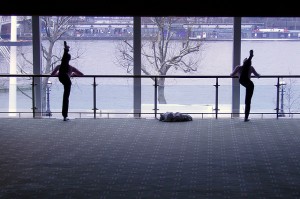Somehow it’s almost March. Where, what, how etc etc… They were right, time does fly when you’re older.
And it’s about this time of year that you glance up and realise you’ve forgotten what you intended to change from last year to this.
I’m not necessarily talking about writing, although in a roundabout way it is about writing. Everything is, one way or another. But whatever it was you meant to do and haven’t, don’t throw yourself down a well of despair.
All you need to do is dust off the intentions and resolutions you forgot about and seeing if there’s new life in them. It’s easy for me. I just have to have a look at some old blog posts and see if I managed to fulfil any of the rash promises I might have made.
Remember that intention I had to get a new habit of daily writing for at least 66 days? No, I didn’t either, until a comment on the writer’s playground* made me think of it again.
Perhaps it’s because I hadn’t made it visible to myself. It’s ok for practices to languish in the computer until I want to read them again, because they don’t need the light of day to make them breathe. That happens when I read them. But if I want to keep that commitment to daily writing, then it helps to have something staring me in the face.
Something I can’t ignore or forget about.
Like a calendar on the wall.
The wall I see from my bed, perhaps. I get into and out of bed every day after all. I can’t ignore that wall.
And that’s what I’ve done. Trying again has a lot going for it.
So the motto of the post would be? Oh we don’t need mottos. We’re fallible. Just fail better next time, as Samuel Beckett would say.
*Members only, I’m afraid. But you could join, you know. We’re all very nice.









